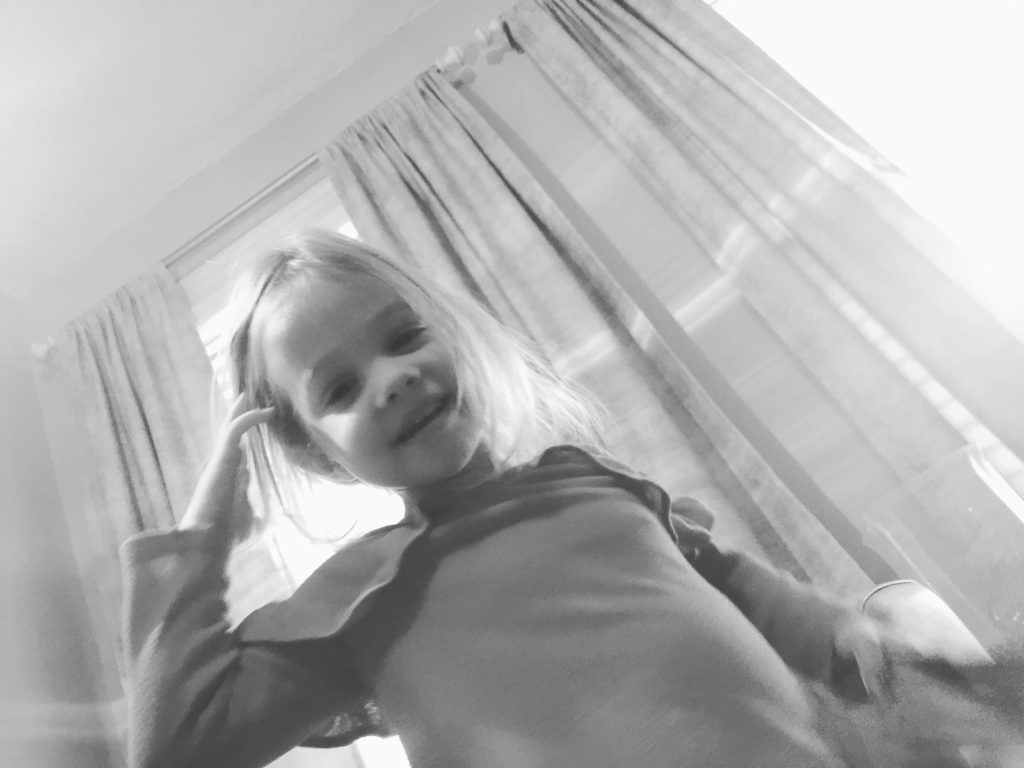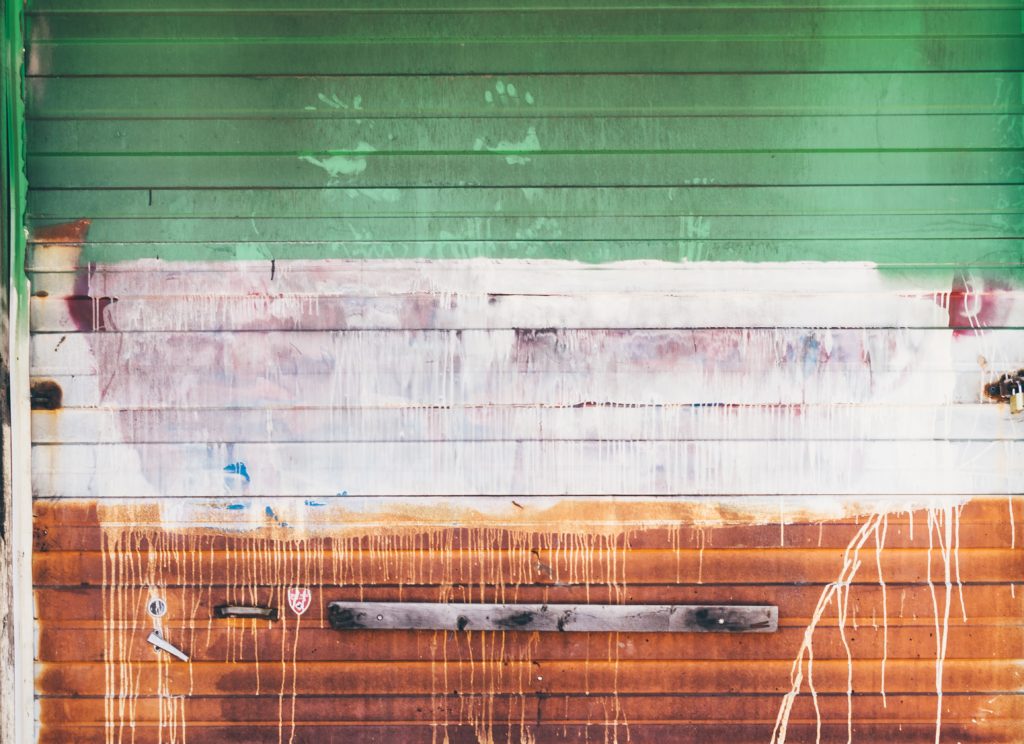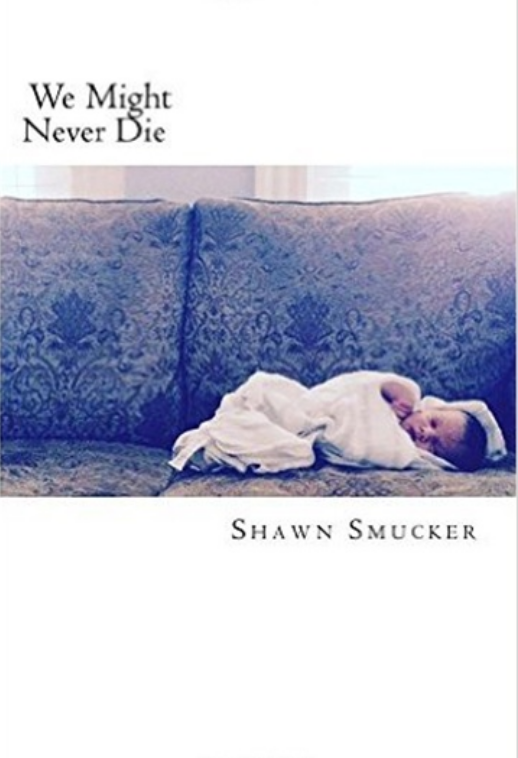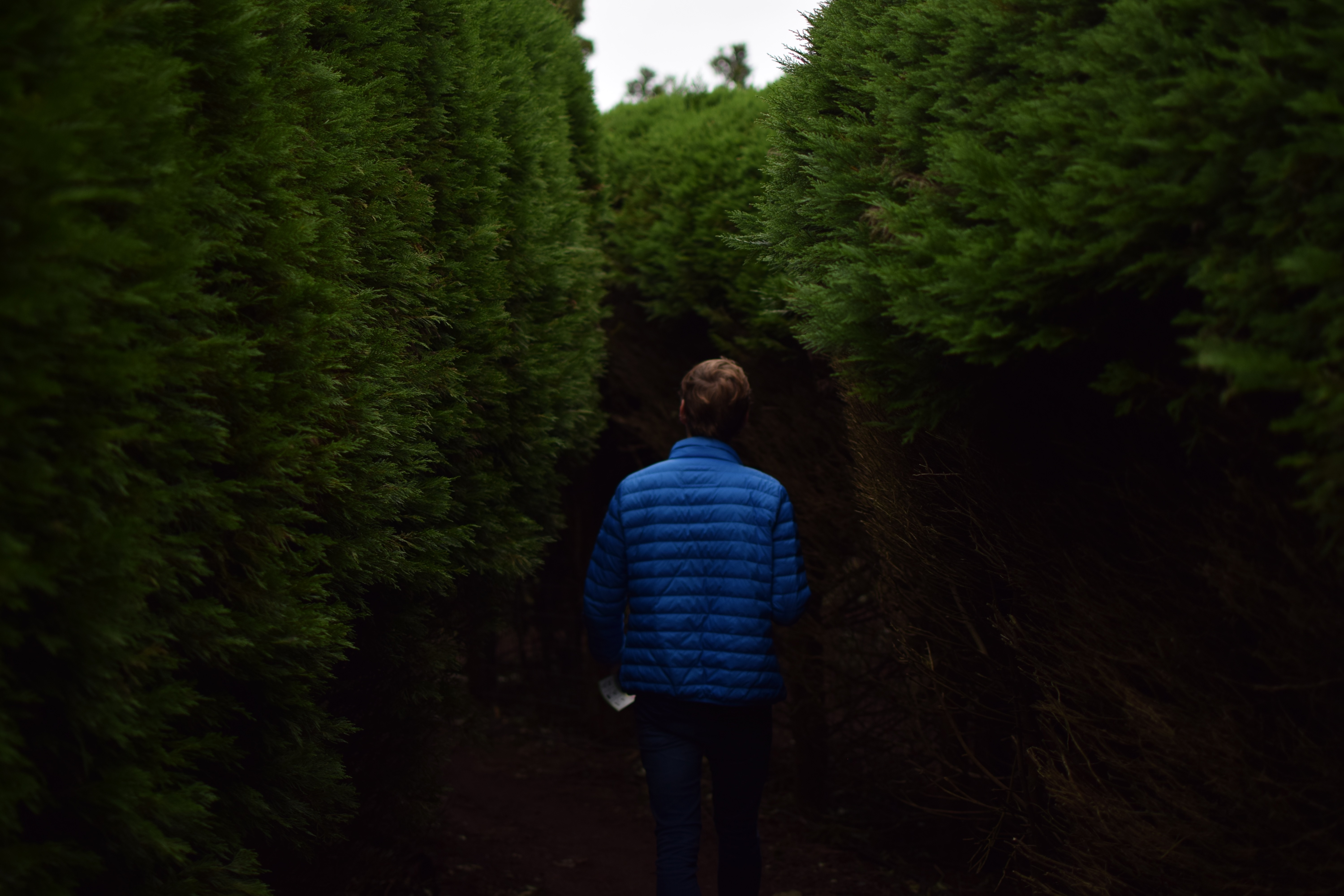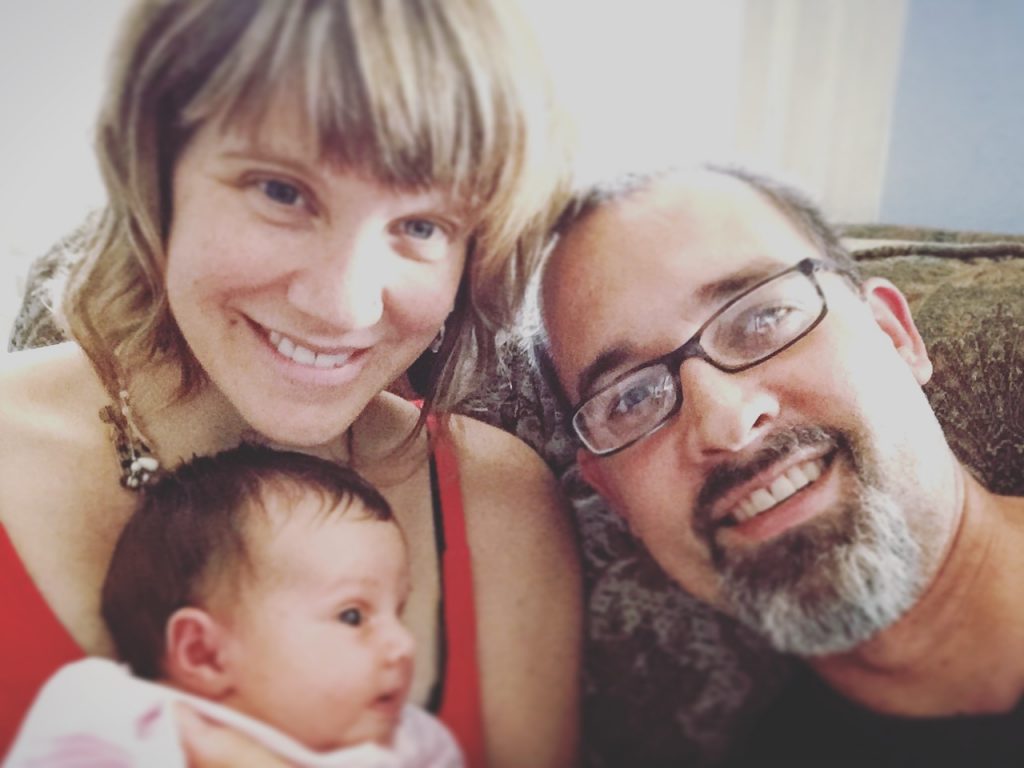The endless hum of the box fan is a numbing
agent, like Novocain (“You’ll feel a small
pinch”), so I sit on the floor
in the room of our youngest two and listen to it,
the fan, remembering three weeks ago,
what I realize now was the beginning
of our last normal week, when school and work
and going to the grocery were things
we did without counting
the potential cost.
How did we end up here, some of us
out of work, some deathly sick, others
holed up in their houses binge-watching
Tiger King? I ate a triple batch
of tapioca pudding last night and blamed
the kids for how quickly
it disappeared. But I know
the truth.
And now, another Monday. Another week. Another
set of uncertain days (as if
before this virus, the future was thick ice
we somehow knew would hold our weight). The fan
drones on. I wonder what will become
of us.
My new friend Mitali said these days
remind her Ma of her childhood in a Bengali
village. “Cholera came,” her Ma said. “Fear
spread. We stayed in and avoided the sick. People
died. Sometimes even someone
you loved.” She paused, breathing in the memory
of those days. “But when the disease left,
joy came back. That will happen
here, too.”
I sit in the darkness of this
bedroom, drowning sweetly in the sound
of the fan, and realize there is a dim light
outside. It is the light of an early spring
evening. Spring
has snuck in again while we weren’t
looking. Spring, with its buds and blossoms,
warmth and sweet breezes. Spring, with its life
and hope.
This season will not last
forever. Joy will come back.
Will our confidence in the ice
ever return, or will we always
and forever more test it with
our weight? Stomp on it before moving out
over deep waters? Maybe then, when we hug
our parents again for the first time, say hello
to a stranger we pass on the street (without
drifting six feet apart),
when we shake hands with a friend,
and maybe even when we go to the funerals
of those we have lost and
taste each other’s tears, we will
remember not to take
it all for
granted.
The ice is always thinner
than we think.
* * * * *
This week on our podcast, Maile and I discuss the strange new world we are all living in as well as the book on creativity, The War of Art, by Steven Pressfield. We delve into the fears that try to keep us from creating, and Maile shares an update on her recent querying of agents to represent her middle grade books. You can listen to our latest episode HERE.

